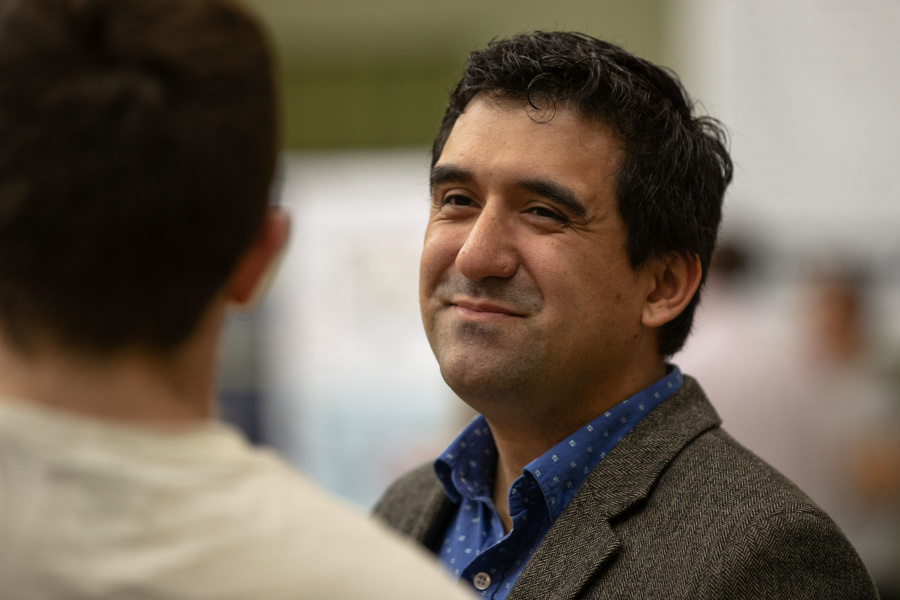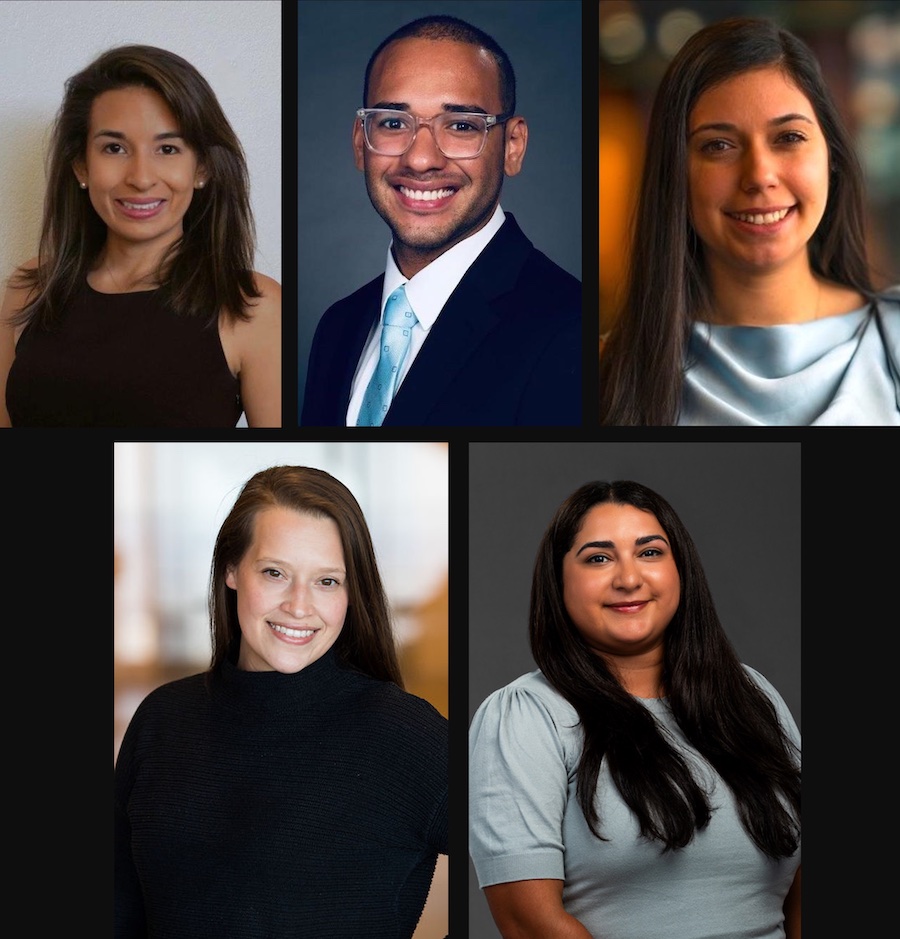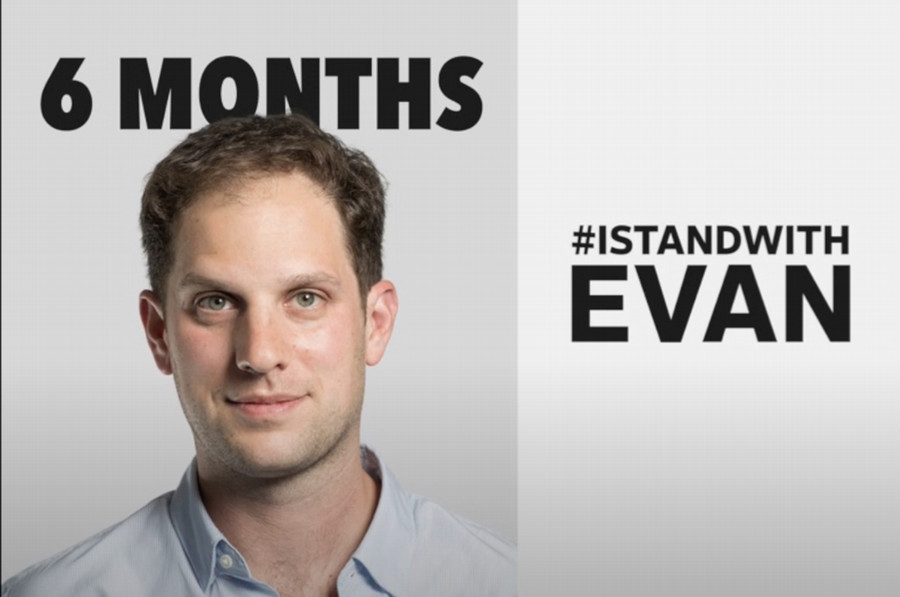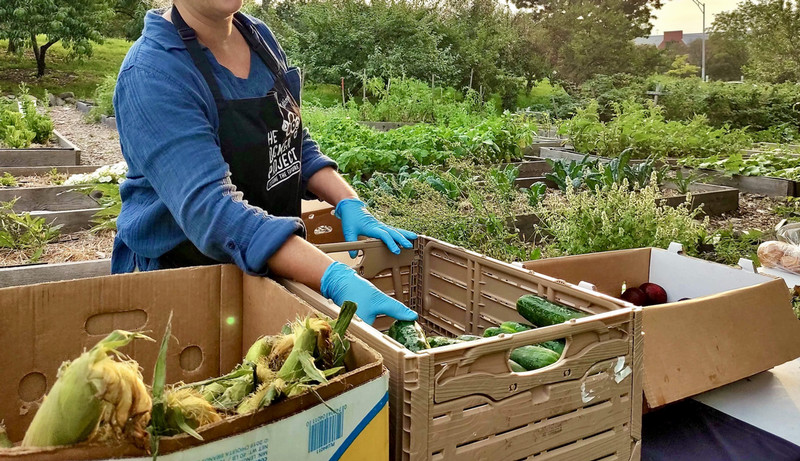The Center for Religious and Spiritual Life Gets an Endowment and a New Name
By Rebecca GoldfineThe $1-million donation specifically endows the director's position. The current director, Eduardo Pazos Palma, said the gift will help "ensure a new level of engagement for religious and spiritual life at Bowdoin, and that will be a positive thing for students."
Pazos added that he appreciated in particular that the center is named in honor of a woman, as the Center for Religious and Spiritual Life is now known as the Rachel Lord Center of Religious and Spiritual Life, in honor of Lord's mother.
"My mother loved life and humanity with her whole heart," Lord said recently, in an interview. "Much of the time, I thought of her as a saintly person," and generous to the point of depriving herself to give to others. "She was unfailingly kind and warm to everyone she met." Prayer helped to sustain her through many years of suffering from schizophrenia.

After attending Convocation for the first time last fall, Lord said he was struck by the spirit of the event, and by the moment of shared hope in the community. "You don't have to believe in God, whatever God means, to have a sense of people being united. And having that named, having that 'being together' named and lifted up and honored is one of the things that religion does," he said.
Lord describes himself in his student days as a spiritual seeker who was not convinced he would find God in a church. But, outside of attending church services, there were few options for exploring spirituality. "A better Bowdoin would have been, and will be, a place where a Jewish student, a Muslim student, a Christian, a Buddhist, an atheist—fill in the blank—will never have a hard time with the institution because of their faith," he said.
Pazos Palma said he likes to urge students, particularly first-years starting college, to bring their "whole self" to Bowdoin. "For a lot of students, that means a religious or spiritual connection. And, for a lot of others, they will go on a spiritual or religious journey while they are here, and we want them to know there will be someone to walk with them on that journey."
A director of religious and spiritual life at an institution like Bowdoin, Lord said, helps to establish a "spiritual heart" for the community, and conveys to all students—whatever their faith or spiritual trajectory—that this heart is open to them.
Lord also says his work is not quite done. He will begin fundraising to collect another $1 million to provide the Rachel Lord Center with a $50,000 annual budget to expand its offerings. Pazos Palma already has many ideas: He would like, for example, to grow the Multifaith Fellowship program; to send students on a multifaith trips abroad with a focus on conflict resolution; to organize a Sustainability and Spirituality series looking at the intersections of environmentalism and faith; and to hold "pop-up religious festivals" on campus to celebrate different religious holidays and traditions.
A well-known fly fishing instructor who lives in Brunswick with his wife, Lord graduated from Bangor Theological Seminary in 2013 with a master's degree in theology. Today he ministers to inmates of all faiths at the Cumberland County Jail in Portland.
One of Lord's hopes for the Rachel Lord Center is that it will support students grappling with questions that lie at the root of our lives: "Who are we? Where are we going? What is my ultimate concern? Where is meaning to be found? When I walk through the valley of deepest darkness, am I alone?"
Pazos Palma describes his office as a "radically compassionate space" where students can ask questions they have never spoken aloud. Some students see him after a loved one has passed away to discuss death, loss, and grief. Other students come to him wondering about their purpose and meaning.
"Some are looking to deepen their experience here," Pazos Palma said. "Sometimes they have felt that their religious tradition has excluded them or they have been pushed away, and we talk about what does it mean to be excluded. Some are trying to get closer to God, and are seeking something more than the material things that we can see and touch."



